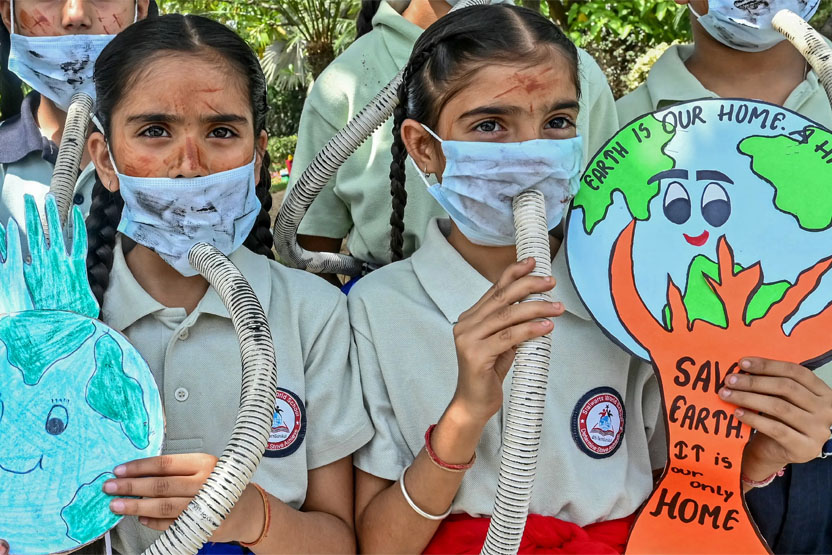“Our Power, Our Planet” theme highlights need to triple clean energy by 2030

nations around the globe marked Earth Day on Tuesday with a renewed call to accelerate the shift to renewable energy. This year’s theme, “Our Power, Our Planet,” serves as a rallying cry for governments, businesses, and communities to triple global clean energy capacity by the end of the decade.
The campaign emphasizes that renewable sources such as solar, wind, hydroelectric, tidal, and geothermal energy are not just environmental preferences but essential tools in the fight against climate change. The push comes amid increasingly dire warnings from climate scientists. The Intergovernmental Panel on Climate Change (IPCC) has cautioned that without immediate and large-scale action, global temperatures are likely to surpass 1.5°C above pre-industrial levels by 2040.
According to
Al Jazeera, the Earth Day Organization chose to spotlight renewable energy in 2025 due in part to a dramatic drop in solar panel costs—down roughly 93% between 2010 and 2020—making solar power significantly more affordable and accessible across regions.
Beyond climate stability, renewable energy offers substantial public health and economic benefits. Reduced reliance on fossil fuels helps mitigate air pollution-related illnesses, while clean energy investments could generate up to 14 million jobs globally, the Earth Day Organization noted.
Currently, more than 50 countries produce at least half of their electricity from renewable sources. Organizers say this progress deserves recognition and should serve as a model for global expansion.
Children celebrate Earth Day at a school in Amritsar, India.
Earth Day, first observed in 1970, has evolved into a worldwide platform for raising awareness about environmental issues—from biodiversity loss to pollution and climate change. This year’s message underscores the power of collective action, and the critical role individuals, communities, and governments must play in driving sustainable change.
Beyond Symbolism
Experts argue that Earth Day should be more than a symbolic occasion. They emphasize the need for a “daily approach,” calling for climate-conscious policymaking, sustainable industrial practices, and responsible consumer behavior—especially as extreme weather events become more frequent and severe.
Despite notable milestones, such as the global ban on ozone-depleting chemicals, climate change continues to endanger the planet’s ecosystems and economies. The burden, however, is not equally shared. Developing nations, particularly in the Global South, often suffer the worst effects of climate disruption despite having contributed the least to global emissions.
Last year’s Earth Day centered on the theme “Planet vs. Plastics,” drawing international attention to the dangers of plastic pollution. The campaign called for a 60% reduction in plastic production by 2040 and policies to eliminate single-use plastics.
Now in its 55th year, Earth Day remains a vital moment for reflection—and, increasingly, for urgent action.



Comment